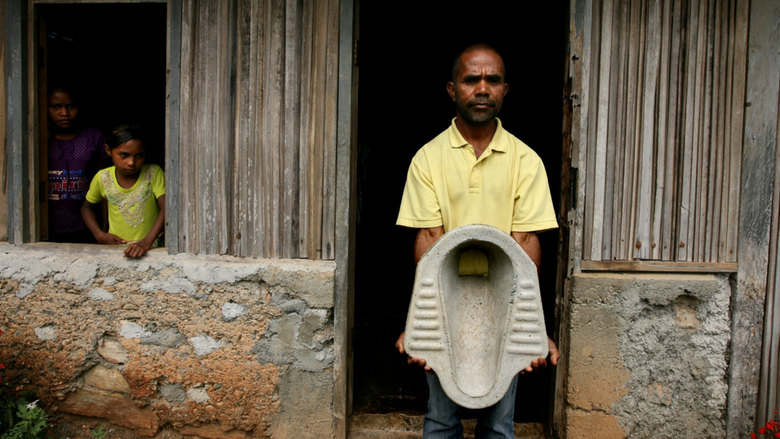DILI, May 15, 2018 – A new World Bank report recommends increased budgets for operations and maintenance for Timor-Leste’s public water supply sector, as well as the establishment of a national policy framework, in order to achieve the country’s national and international commitments by 2030.
The report, entitled Timor-Leste - Water Sector Assessment and Roadmap, identifies areas of support in order to reach the targets outlined in the country’s Strategic Development Plan 2011-2030 as well as the Sustainable Development Goals, and provides a roadmap with investment options for the short and medium term.
In 2002, after decades of conflict, then newly independent Timor-Leste was left with almost 90 percent of its infrastructure destroyed. Efforts are ongoing to rebuild roads, health facilities and irrigation systems, but water supply infrastructure for domestic, sanitation and industrial needs remain underdeveloped and require substantial investment.
Urban areas has seen significant progress, with 91 percent of cities having access to an improved water supply and 73 percent having access to improved sanitation facilities. In rural areas, however, access to improved water supply is only 60 percent and access to improved sanitation facilities is only 30 percent.
“A safe, reliable, and sustainable water supply is vital to the economy and to people’s lives. More investments in Timor-Leste’s water sector will strengthen agriculture, industry, and commerce, and also help reduce already high rates of malnutrition and stunting,” said Macmillan Anyanwu, the World Bank’s Country Representative for Timor-Leste.
The World Bank report, requested by the Ministry of Public Works, Transport and Communications, outlined also the challenges to ensuring water security, and strategies for adaptation to climate change and disaster resilience.
Since 2002, the World Bank has supported the efforts of Timor-Leste to rebuild national infrastructure, stabilize the economy, and strengthen government institutions. In 2018, this work includes support for improved service delivery in agriculture, education, and nutrition, and the construction of climate-resilient roads and transport infrastructure, as well as support for the development of non-oil economic opportunities.
Last Updated: May 15, 2018

